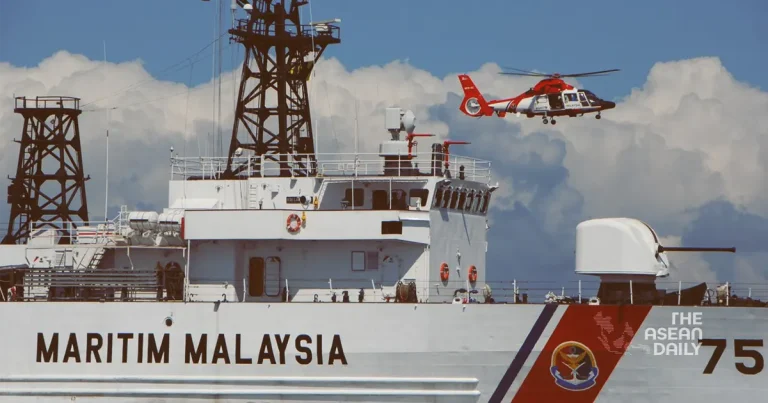17-11-2024 (KUALA LUMPUR) Malaysia’s Defence Minister Datuk Seri Mohamed Khaled Nordin has affirmed that the nation’s maritime boundaries remain unchanged, dismissing any need for new cartographic representations amid recent territorial tensions in the South China Sea.
Speaking at a community event at the Muhajirin Mosque in Masai, the Defence Minister addressed growing concerns over the Philippines’ recent maritime policy changes, emphasising Malaysia’s commitment to maintaining its established territorial integrity through diplomatic channels and international legal frameworks.
“Our maritime boundaries stand exactly as they have been,” Nordin stated, drawing a clear distinction between Malaysia’s position and recent moves by neighbouring nations. “While other countries may revise their maps to reflect changed claims, Malaysia’s territorial definitions remain constant.”
The minister’s comments come in response to the Philippines’ introduction of new maritime laws and cartographic representations that appear to strengthen its position in the contested South China Sea region. These changes have raised eyebrows across Southeast Asia, particularly where territorial claims overlap.
Nordin characterised the situation not as a direct confrontation but rather as a matter of competing territorial claims requiring diplomatic resolution. “This is fundamentally a matter for diplomatic channels and international law,” he explained, emphasising Malaysia’s preference for peaceful resolution mechanisms.
Maritime law expert Professor Ahmad Rahman from the University of Malaya noted: “These developments reflect the complex nature of overlapping claims in the South China Sea, where multiple nations assert historical and legal rights to various maritime zones.”
The Defence Minister’s statements reinforce Malaysia’s strategic approach to regional maritime disputes, prioritising diplomatic engagement while maintaining a firm stance on sovereign rights. This position aligns with ASEAN’s broader approach to managing territorial disputes in the region through multilateral dialogue and established international legal frameworks.




